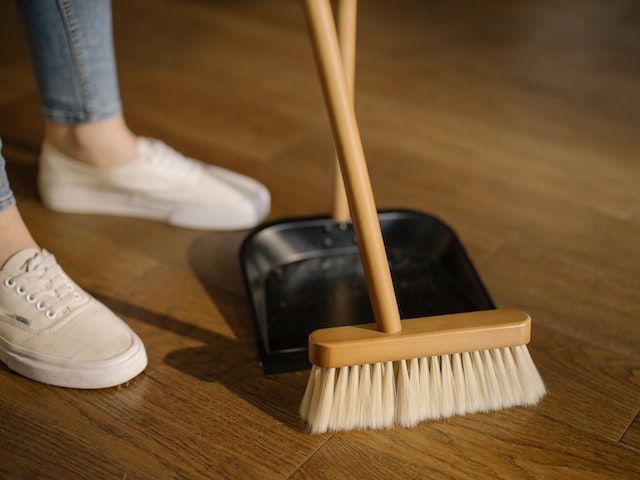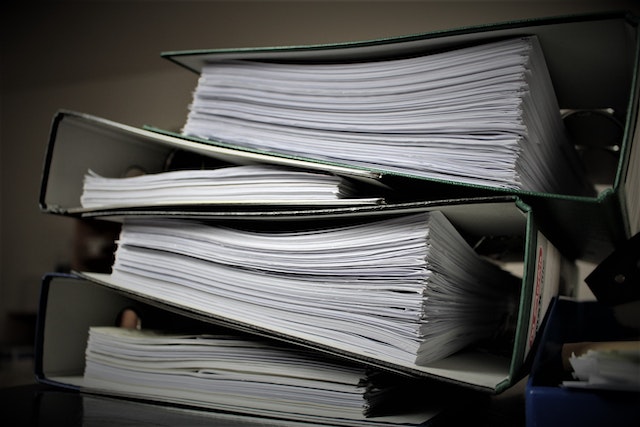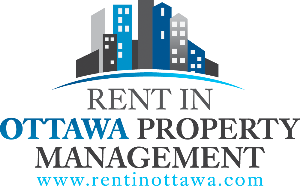How to Keep Renters Happy
March 17, 2025
Regular maintenance ensures a rental property remains safe, comfortable, and functional for tenants. This helps landlords retain tenants and attract new ones, leading to consistent rental income. A well-maintained property reflects positively on a landlord’s reputation, which can lead to positive word-of-mouth recommendations and fostering good relationships with tenants.
In this article, we'll list down 7 effective steps to maintain your property when renting it out. Let's dive in!
Maintaining your rental property is crucial for tenant satisfaction, property value, legal compliance, cost savings, and time efficiency. The following are 7 ways landlords can keep their rental properties well-maintained.
Running water is a fundamental necessity for daily living. Tenants need access to clean and running water for cooking, cleaning, and other essential activities. Many jurisdictions require landlords to provide habitable living conditions, including access to running water.
Adequate access to clean and running water improves tenants' overall quality of life and well-being. It's a key factor in providing a safe and comfortable living environment.
Well-kept common areas enhance the overall living experience for tenants. Clean, functional, and aesthetically pleasing common spaces contribute to tenant satisfaction and positive impressions. Appealing common areas can attract prospective tenants, as the state of communal spaces is often a factor that potential renters consider when choosing a place to live.

Overall, maintaining the common areas of a rental property is essential for tenant satisfaction, attracting and retaining tenants, enhancing property image, increasing property value, reducing liability risks, and fostering positive relationships between landlords and tenants.
Local and provincial building codes are designed to ensure the safety of occupants and visitors. Compliance with these codes helps prevent hazards and accidents. Adhering to local and provincial building codes helps provide a safe and habitable living environment for tenants.
Moreover, following local and provincial building codes is necessary to maintain legal compliance, enhance property value, meet insurance requirements, save on long-term costs, and build a positive reputation as a responsible landlord.
Identifying and addressing safety hazards promptly reduces the risk of accidents, injuries, and potential harm to occupants. Under Ontario rental laws, landlords have legal responsibilities to provide safe and habitable living conditions for tenants. Neglecting safety hazards could lead to legal consequences and liability issues.
A property with a clean safety record is more attractive to potential renters and buyers, as they won't inherit a list of existing safety problems. On top of that, identifying safety hazards early on allows you to address issues before they become emergencies. This proactive approach can help landlords prevent costly damage and disruptions.
Conducting regular safety hazard checks in a rental property is necessary to prioritize tenant safety, fulfill legal obligations, maintain property value, improve resale potential, and ensure your own peace of mind as a responsible landlord.

Trash receptacles enable tenants to dispose of their waste properly, reducing the risk of unsanitary conditions that can arise from improper waste disposal. Having designated trash receptacles helps maintain the cleanliness and appearance of the property's common areas and individual units.
Properly sealed trash receptacles help control odors associated with garbage, maintaining indoor air quality and a more pleasant environment for all occupants. Not only this, but offering trash receptacles showcases your commitment to maintaining a well-managed property, fostering positive relationships with tenants.
When providing trash receptacles to tenants, consider factors such as the size and number of receptacles needed, proper placement for easy access, regular garbage collection schedules, and clear communication about waste disposal guidelines. This proactive approach contributes to the overall well-being of your property and the satisfaction of your tenants.
To maintain your rental property effectively, establish a regular schedule to replace air filters based on manufacturer recommendations. Talk with your tenants about the importance of regularly changing air filters and provide clear instructions on how to do so. It’s best to do this at the start of the tenancy, and tackle other important topics, like rent deposits, at the same time.
This proactive approach ensures a healthier, more comfortable, and efficient living environment for your tenants while protecting your property investment. Clean air filters help maintain good indoor air quality by capturing dust, allergens, pollen, and other particles, which is important for the health and comfort of your tenants.

Creating a detailed record of the property's condition before a new tenant moves in establishes a baseline. A comprehensive record of the property's condition can help accurately assess any damage that occurs during the tenancy and avoid disputes about existing damage when the tenant moves out.
To document property conditions effectively, consider using written descriptions, photographs, videos, or even property inspection software. Create a thorough checklist that covers all aspects of the property, including walls, floors, appliances, fixtures, and any existing damage. Regularly update these records to reflect the property's changing condition.
Regular maintenance can address issues before they become urgent, reducing the time and effort required to handle major repairs.
If you need help taking care of regular property maintenance, it’s recommended to hire a property manager like Rent in Ottawa Property Management. Property managers are experienced professionals who understand the complexities of property management, including legal regulations, market trends, tenant relations, and maintenance best practices
March 17, 2025
February 28, 2025
January 17, 2025
December 20, 2024
November 21, 2024
October 04, 2024
